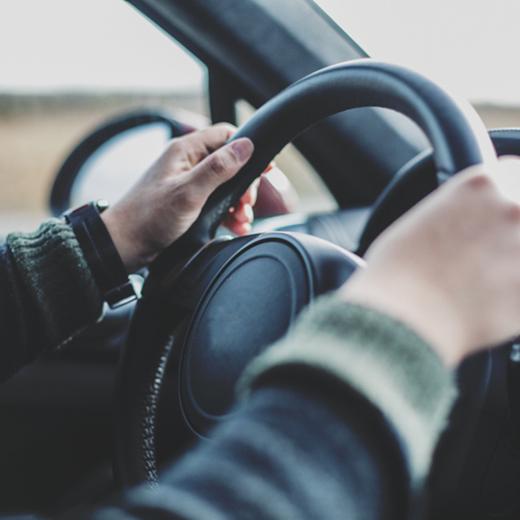Road safety researchers at USC Australia are keen to find out how driver behaviours changed during a temporary suspension of static roadside random breath testing (RBT) by the Queensland Police Service during the COVID-19 lockdown.
Dr Natalie Watson-Brown of USC’s Road Safety Research Collaboration said the suspension of fixed-place breath testing between March and June provided an ideal opportunity to research people’s reactions to the news and their attitudes to drink driving.
“Early data is showing us that people who admitted to drink driving previously were more likely to increase drink driving during this period, with many believing they would not be caught, even though police patrols were still operating,” Dr Watson-Brown said.
“However, this is early data from 350 survey participants, and we are examining responses from another 460 respondents now,” she said.
Importantly, of the first group of participants, 30 percent said they had increased their drinking since the COVID-19 lockdown began, which increased to 45 percent for the second group.
“As COVID restrictions ease, this research will continue to monitor drink-driving behaviours to discover the factors that significantly impact these non-compliant behaviours, such as changes in alcohol consumption and drug use, specifically within the context of an economic downturn,” Dr Watson-Brown said.
“Now that the RBT suspension period has ended, we will continue to collect surveys on people’s attitudes towards drink driving to see how they might have changed.”
The research, funded by the Motor Accident Insurance Commission and supervised by USC’s Professor Jeremy Davey, follows a 21 percent increase in road crash fatalities in Queensland compared to last year, despite a 40 percent reduction in traffic density.
Dr Watson-Brown said this suggested an increase in risky driving behaviours.
“It’s rare to get an opportunity to look closely at driver behaviours when random breath testing has been removed, and we look forward to learning more from drivers now that this period has ended, in particular, how people in rural areas have been affected,” she said.
“Drinking can be habitual. It’s concerning our early data has identified that people have increased this habit during the COVID-19 restrictions. We will undertake further research to explore ways to help prevent this and to remind drivers of the increased risks of drink driving.”
The researchers invite all licensed drivers in Queensland to participate in the study at
https://www.surveymonkey.com/r/COVID-Wave3. All participant information will remain confidential.
Media enquiries: Please contact the Media Team media@usc.edu.au

